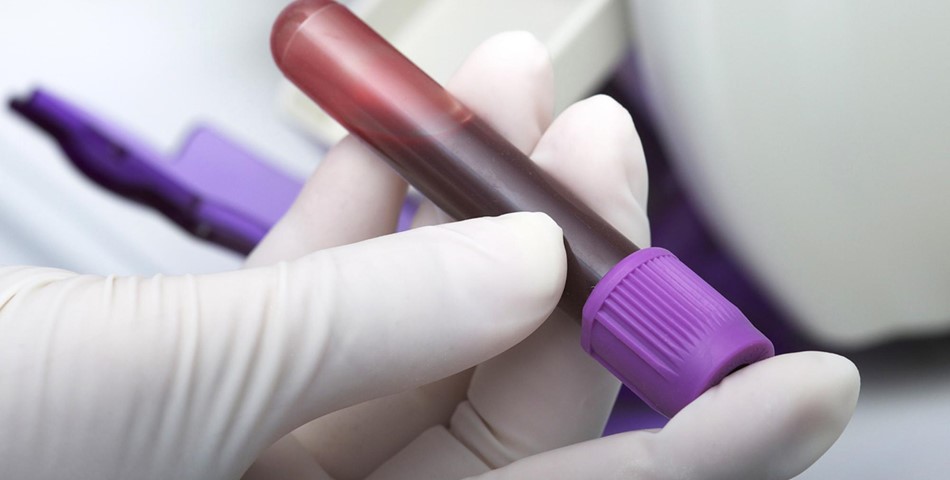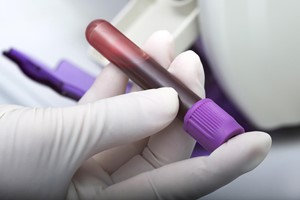The Royal Marsden NHS Foundation Trust has launched an innovative trial that could detect breast cancer relapses months and even years in advance.
As part of this international undertaking, researchers will first recruit oestrogen receptor (ER) positive breast cancer patients to the trial; the patients will then have a blood test every three months for as many as three years, so the researchers can determine whether a patient’s cancer is returning.
The blood test works by monitoring the levels of circulating tumour DNA (ctDNA) in a given blood sample. The test can detect even the smallest amounts of ctDNA in a sample and can therefore alert researchers to whether a patient is having a molecular relapse – i.e., cancer is returning, and patient is going to relapse.
Evaluating patients this way enables clinicians to catch the cancer at the earliest stage possible, with some ctDNA having previously identified relapsing patient’s months and even years before it would’ve been noticeable on a scan.
Principal investigator of the TRAK-ER trial, Professor of Molecular Oncology at The Institute of Cancer Research, London, and Head of the Ralph Lauren Centre for Breast Cancer Research at The Royal Marsden, Professor Nicholas Turner, said: “The risk of relapse for ER positive breast cancer patients is spread out over many years after initial treatment, which is one of the reasons why scans aren't effective in trying to pick it up.
“Blood tests could become the standard way of following up with this group of patients, and if the trial produces encouraging results, this could revolutionise how we treat ER positive breast cancer patients in the future and hopefully save more lives.”
If a patient is found to have ctDNA in their bloodstream but there aren’t any observable abnormalities on a scan, they will go down one of two routes.
Patients will either be given palbociclib and fulvestrant or they will give an option of continuing the hormone treatment they are currently on or making a change.
This will allow researchers to assess the efficacy of treating patients with palbociclib and fulvestrant, compared to just standard hormone therapies.
'Extremely lucky to be part of this trial'
Elaine Nangle, 41, from Reading, was diagnosed with stage three lobular breast cancer in March 2020. Following treatment which included chemotherapy, radiotherapy and a mastectomy, she received the news that she was cancer free and was given the opportunity to join the TRAK-ER trial at The Royal Marsden.
She said: “Being part of something that may be able to give me forewarning of relapse is incredible and just knowing that I’m being monitored so frequently gives me a huge safety net. When you finish cancer treatment, it’s normal to feel like your safety net has been withdrawn, so I feel extremely lucky to be part of this trial. Anything that gives me a greater chance of being here for longer, and being well for longer, is amazing.”
Robert Nussbaum, M.D., chief medical officer at Invitae, said:
“Using a highly sensitive, personalised liquid biopsy to detect nascent cancer recurrence enables escalated intervention when it can be most effective, or even curative, for patients. This study will lay the groundwork for better post-treatment monitoring and potentially life-extending treatment for patients with ER-positive breast cancer.”
The trial is an independent research study led by The Royal Marsden and funded by Pfizer, Invitae and Le Cure.
By Louis Morris
Lead Journalist for National Health Executive












